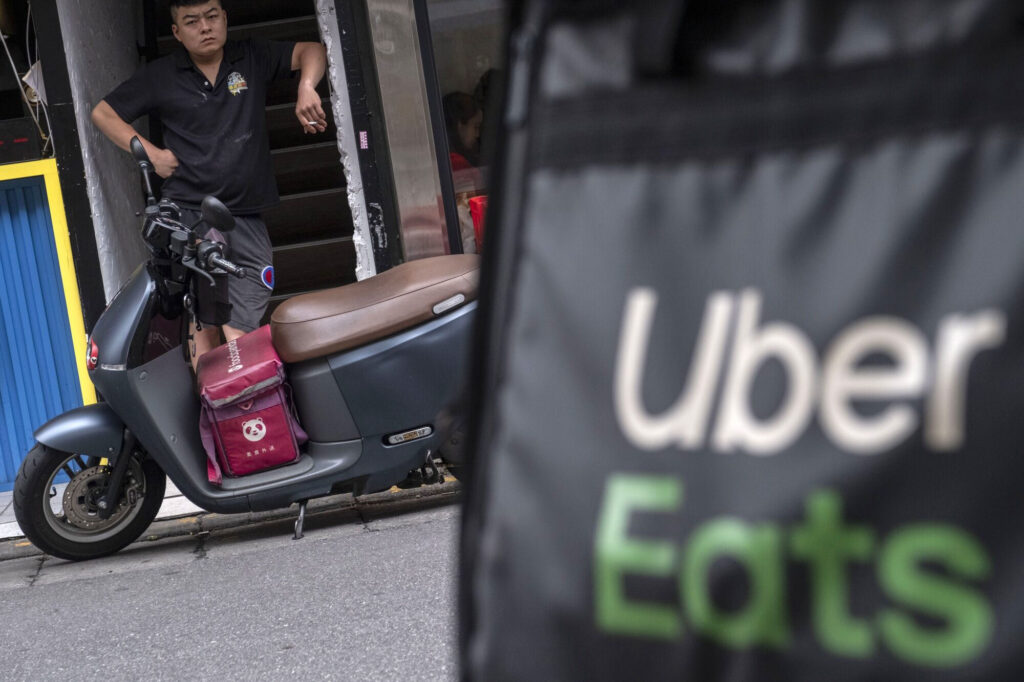Uber has officially terminated its plans to acquire Foodpanda Taiwan, citing regulatory challenges that made the deal unfeasible. The proposed acquisition, announced last year, was expected to reshape Taiwan’s food delivery market, but increased scrutiny from competition regulators led to its collapse. This move raises questions about market competition, regulatory constraints, and Uber’s future strategy in Taiwan.
1. Background of the Acquisition
Uber initially planned to acquire Foodpanda’s Taiwan operations from Delivery Hero to strengthen its foothold in the region. The deal was positioned as a strategic move to consolidate Uber Eats’ presence and create a stronger, more sustainable market for food delivery services.
2. Why the Deal Fell Through
Several factors contributed to the termination of the acquisition:
-
Regulatory Scrutiny: Taiwan’s Fair Trade Commission expressed concerns about reduced competition in the food delivery sector.
-
Market Monopolization Fears: The merger would have significantly reduced consumer choices, leading to potential pricing concerns.
-
Operational Challenges: Integrating two major food delivery platforms posed logistical and workforce-related challenges.
3. Impact on Taiwan’s Food Delivery Market
The cancellation of this deal has several implications:
-
Increased Competition: Foodpanda Taiwan will continue to operate independently, maintaining market competition.
-
Strategic Rethink for Uber: Uber Eats will need to focus on organic growth instead of market consolidation.
-
Potential New Players: The regulatory scrutiny may discourage future mergers, encouraging new entrants to innovate in the space.
4. What’s Next for Uber in Taiwan?
Uber Eats now faces the challenge of scaling up its operations without the advantage of consolidation. The company may explore alternative strategies such as:
-
Partnerships with Local Restaurants: Strengthening direct collaborations to enhance customer experience.
-
AI and Logistics Enhancements: Using technology to optimize delivery times and efficiency.
-
Expanding Service Offerings: Diversifying into grocery and quick commerce to drive revenue growth.
Conclusion
Uber’s decision to abandon the Foodpanda Taiwan acquisition highlights the complexities of regulatory approvals and competitive market dynamics. While this may be a setback for Uber Eats’ expansion, it ensures continued competition in Taiwan’s food delivery space. Moving forward, Uber will need to focus on innovation and customer-driven strategies to maintain its leadership.
Do you think Uber should pursue alternative expansion strategies in Taiwan? Share your thoughts below!


